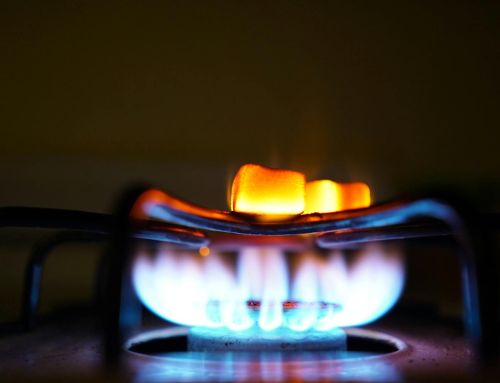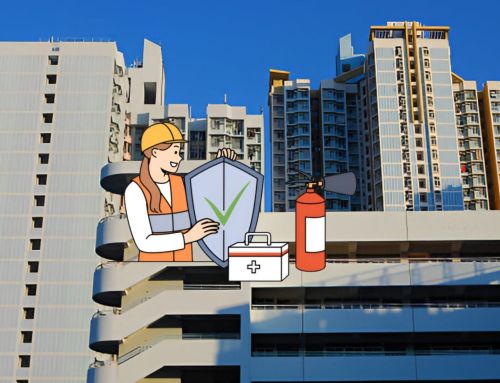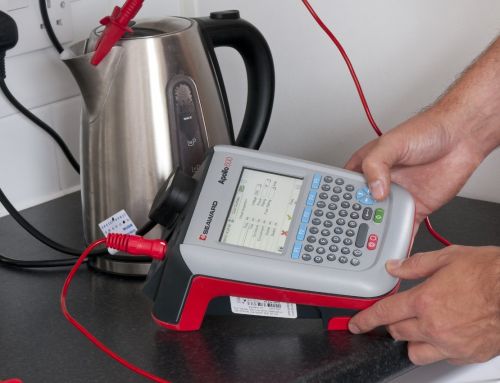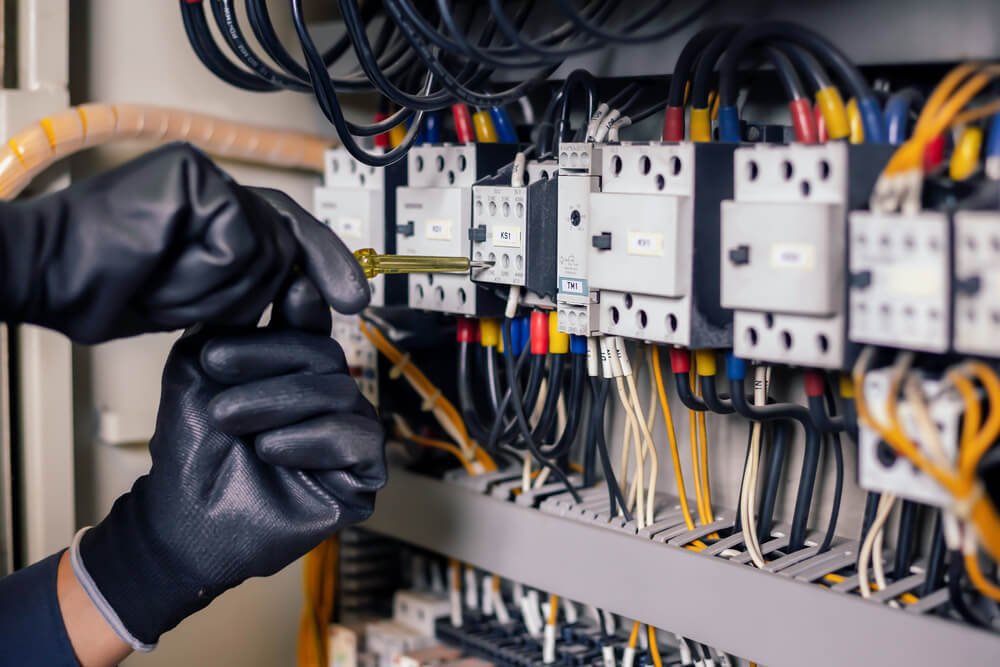
Do Landlords Need an Electrical Safety Certificate?
Do Landlords Need an Electrical Safety Certificate;
As a landlord, it’s your duty to ensure your property remains in excellent condition. After all, you aren’t living there yourself – and as such it is up to you to ensure it remains secure for tenants.
As part of their obligations under the Electrical Safety Standards in the Private Rented Sector Regulations 2020, landlords must conduct regular inspections and testing of their properties’ electrics. Those who fail to adhere to these regulations could face severe fines from local authorities.
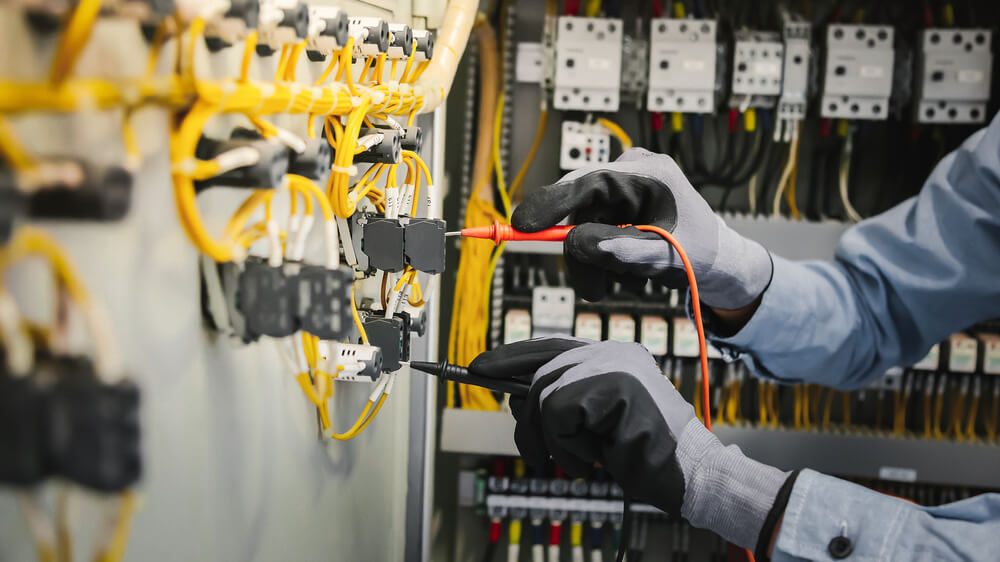
What is an EICR? (Do Landlords Need an Electrical Safety Certificate)
Do Landlords Need an Electrical Safety Certificate;
An EICR (Electrical Installation Condition Report) is a report created by an electrician to evaluate the safety of electrical installations. It verifies whether wiring in a property meets current British Standards for electrical safety, as well as whether any upgrades need to be made.
Electrical installations age over time, so it is essential to conduct regular checks to guarantee they remain secure. This can be done by a certified electrician who can inspect both visually and electrically.
The primary objective of these tests is to verify that all electrical systems are functioning correctly and there are no issues. It also assists in recognizing any potential dangers which could occur in the future.
A qualified electrician can perform this test, which may involve turning off all circuits in the house and testing them. They will then look for any cracks or breaks and assess the condition of wires.
Once the electrical safety tests have been conducted, an electrician will compile a report and give it to the landlord or owner of the property. This is an essential document that landlords should keep in case they ever need to present it to tenants or local authorities.
Landlords must ensure any issues identified during an EICR are rectified promptly and remedial work is completed within the timeline specified in the report. Doing this helps avoid damage or injury to tenants of a property and keeps them protected from electric shocks.
Furthermore, landlords must provide a copy of the EICR report to their tenants and local authority. This document serves as protection for landlords in case they are sued or face penalties.
What is a C3 code? (Do Landlords Need an Electrical Safety Certificate)
Do Landlords Need an Electrical Safety Certificate;
If you own a rental property in England or Wales, it is legally required to conduct five yearly electrical inspections. The end result is known as an Electrical Installation Condition Report (EICR), so it could be beneficial to contact an experienced electrician for additional assurance regarding both your safety and that of your tenants.
The EICR is supported by various certificates, including the C3 code (Certificate of Competency). This official government certification verifies the quality of an electrician. Best of all? Not only is this code applicable for new builds – it can also apply to existing buildings so long as no changes have been made to locks or fittings previously installed.
There is no standard answer when it comes to valid EICRs, but if you want to save yourself the time and hassle of conducting your own EICR then contact a knowledgeable electrician today to explore your options. You won’t regret it!
What is a C1 code? (Do Landlords Need an Electrical Safety Certificate)
Do Landlords Need an Electrical Safety Certificate;
The C1 character is a computer control character used to delimit text in a document. This code often serves as an escape character to indicate when sending out special command sequences or exiting from screens, menus or modes.
Additionally, it can be employed in device-control protocols (e.g., printers and terminals) to indicate that what follows is not standard text but instead a special command sequence. For instance, it might be employed to end a variable-length control string initiated by DCS, SOS, OSC, PM or APC.
On some older computer systems, accented characters could be created using ASCII code. However, this practice is no longer widely supported.
Different control code sets exist for specialized applications, though they are rarely utilized. The most widely-used set, known as ECMA-48, was defined in 1976 and is now part of ISO/IEC 2022 standards.
In 1978, the DIN 31626 control code set was introduced and now forms part of ISO 6630. While some areas differ between this German standard and that used by ISO in MARC-8, others remain identical.
This is the most serious of all EICR codes, signalling a potential issue that must be addressed quickly. This could include damaged mains protected bonding or earthing, electrical circuit problems or any other issue which poses an imminent risk to your property and its occupants.
What is a C2 code? (Do Landlords Need an Electrical Safety Certificate)
Do Landlords Need an Electrical Safety Certificate;
C2 code is a term that describes an issue which could result in injury to an individual. This could be caused by various issues such as an incorrectly sized bonding conductor, loose insulating cable connections and more.
C2 codes are considered dangerous and require immediate attention by an electrician. Neglecting to address a C2 code could result in extensive property damage as well as costly repairs and legal proceedings!
A C2 code, also known as an Electrical Safety Certificate (ESC) code, is a document created by your local authority that outlines any issues that must be corrected in order to meet current safety regulations.
Landlords should ensure their circuit is always working correctly, as a malfunctioning circuit could cause serious harm to any individuals who use it. If individuals come into contact with live parts while using your installation, serious injuries could ensue.
There are steps you can take to help avoid this from occurring. For instance, make sure the fuses and circuit breakers on your property are regularly tested to guarantee they work correctly.
Additionally, ensure the wiring in your property complies with all current regulations. This may be difficult if you aren’t an experienced electrical engineer, but it is something that should be taken seriously.
C2 is a programming language without header files, meaning you only have to define symbols once – making code much simpler! This makes for more concise code, plus the use of struct-functions is highly optimized for speed!
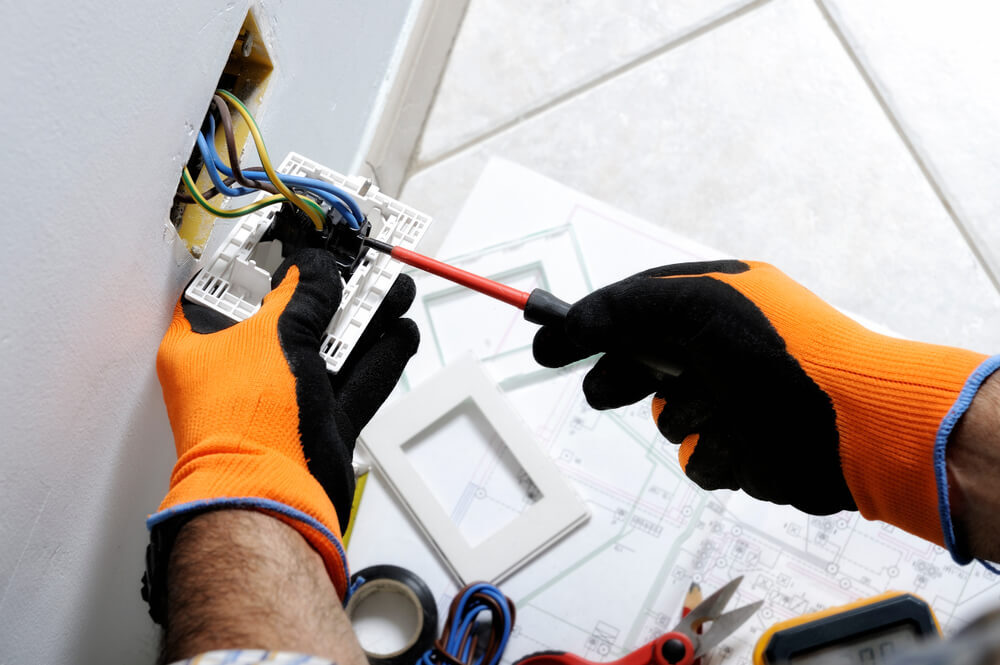
Do Landlords Need an Electrical Safety Certificate
What is a C3 improvement recommended? (Do Landlords Need an Electrical Safety Certificate)
Do Landlords Need an Electrical Safety Certificate;
Private landlords in England and Scotland are required to conduct five-yearly inspections on the electrical installations in their rental properties. The report should indicate whether these installations meet national safety standards. If further investigation (FI) is necessary, landlords must ensure it is conducted without delay.
Sometimes, a C3 code (improvement recommended) will be assigned to an aspect of an installation that does not pose an immediate or potential danger, but which would significantly enhance safety if remedied. No, this does not necessitate any necessary modifications; in most cases, the C3 code does not impose any legal responsibility on the owner to carry out necessary remedial work.
However, landlords should heed these recommendations as it could significantly enhance the safety of their tenant’s home. Furthermore, failure to abide by the C3 code could result in legal action from the local authority if not completed within 28 days. Landlords must provide written confirmation that any remedial work has been completed to both their tenant and local authority within this timeframe.
Our Pricing
| Our Electrical Safety Certificate Prices |
|---|
| Studio Apartment £67.99 |
| 1 – 3 Bedroom £81.99 |
| 4 Bedroom £89.99 |
| 5 Bedroom £98.99 |
Check Out Our Other Services
| EICR | Commercial EICR | Emergency Light Certificate |
|---|---|---|
| Electrical Diagnostic | PAT Testing | Fuse Box Installation |

